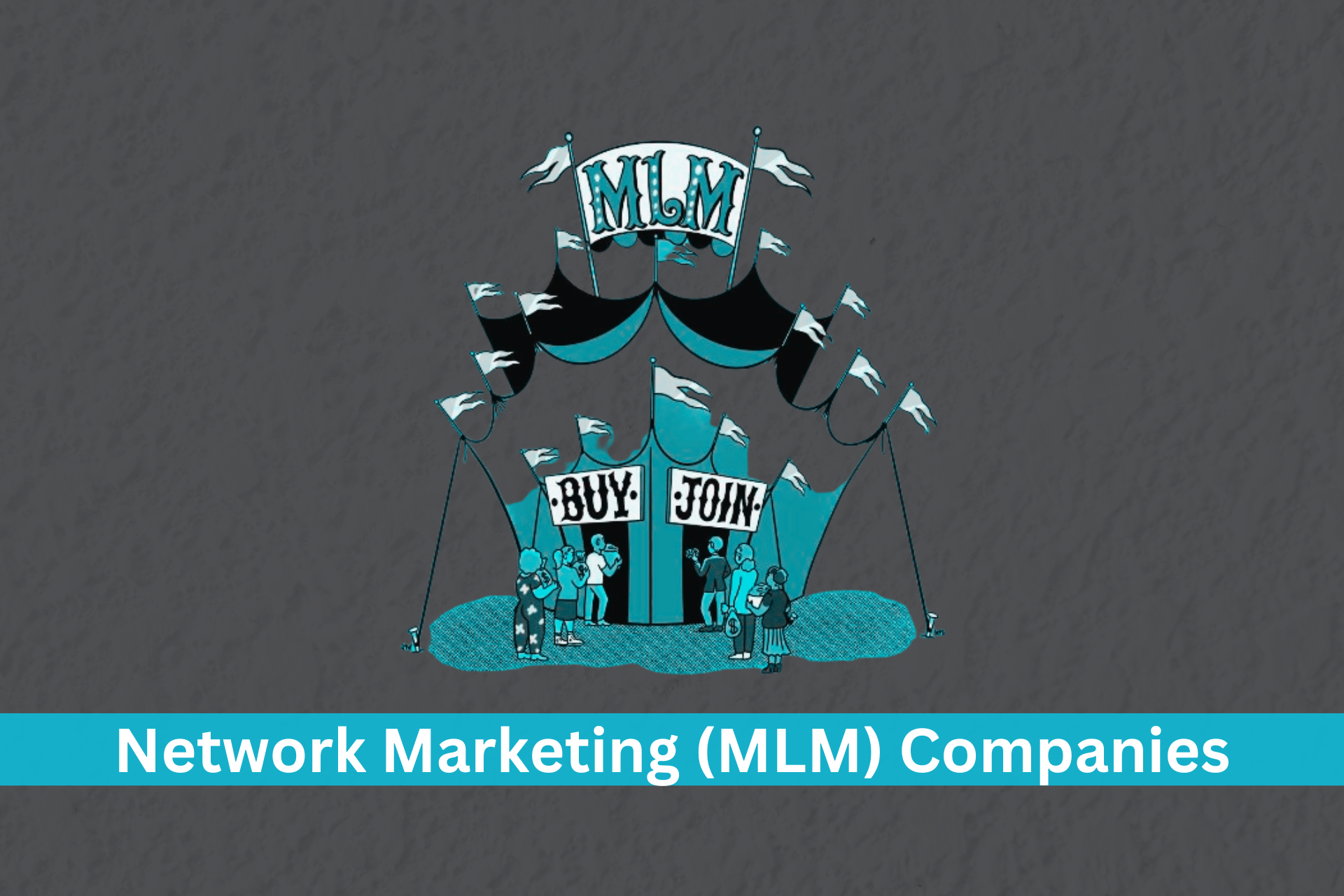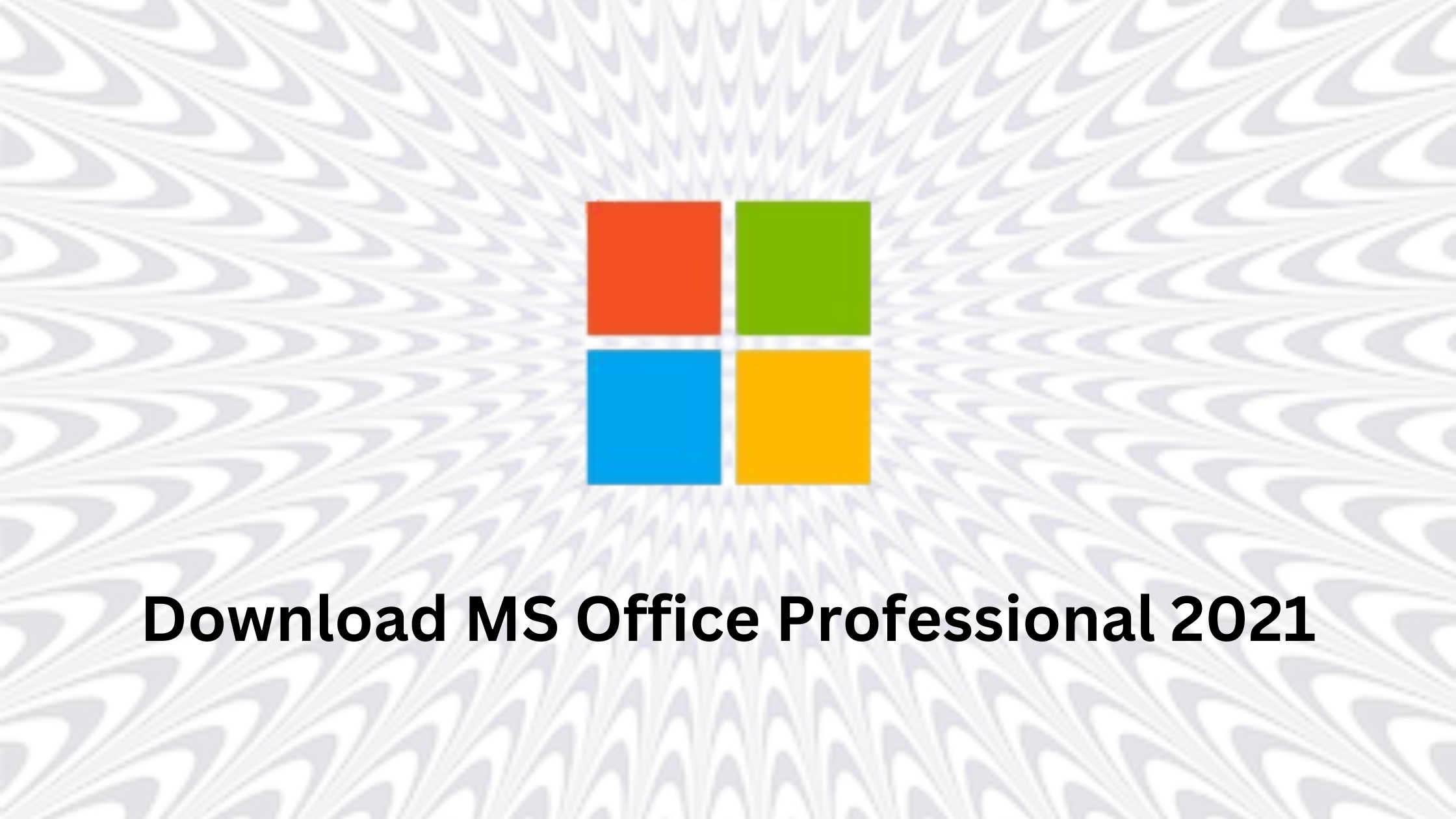If you’re a hardworking hotelier, and despite your dedication, you watch as your competitors continue to steal the limelight, leaving you struggling to catch up.
This blog is for you!
The hospitality landscape is mercilessly evolving, and you know that the key to success lies in staying ahead of the curve.
But how?
Fear not, my friends, we have the answers you seek.
As we venture into the fast-paced world of 2023, we’re uncovering the most groundbreaking hotel marketing trends that will enable you to not only outshine your rivals but redefine the industry itself.
So, brace yourself, and let’s explore these hotel marketing trends which will help you to increase your hotel revenue to new heights.
Hotel Marketing Trends for 2023: What Hoteliers Need to Know
1. The Power of Video
Video marketing is a force to be reckoned with in the hotel industry. Short-form videos are becoming increasingly popular, and platforms like TikTok, Reels, and YouTube Shorts are taking the marketing world by storm. In 2023, the video will be a key pillar for marketing strategies. Brands that do not incorporate video risk falling behind their competition. Therefore, hoteliers should focus on creating both long and short-form videos to showcase their properties and attract potential customers.
2. Hotel Price Comparison Solutions
One crucial trend that will shape the hotel industry in 2023 is the rise of hotel price comparison solutions. Makcorps Hotel Price API is an excellent solution that allows hoteliers to get real-time and historical pricing data from 200+ online travel agencies (OTAs). This technology can help hoteliers make informed pricing decisions, improve their revenue management strategies, and stay competitive in an increasingly crowded market. By leveraging hotel price comparison solutions like Makcorps, hoteliers can gain a competitive edge and attract more customers.
3. Generative AI and ChatGPT
Generative AI and ChatGPT are two technologies that have the potential to revolutionize the way hoteliers and hotel marketers interact with their customers. Generative AI can create text, images, and audio from existing examples, allowing hoteliers to provide personalized recommendations and automated customer service through natural language processing (NLP) and chatbot technologies. ChatGPT can help hoteliers generate SEO-friendly content for their websites and social media profiles. This technology will become increasingly important for hoteliers in 2023, as it has the potential to automate many of their tasks while providing customers with better experiences.
4. Using Social Media as a Search Engine
Social media has become a search engine of sorts, with more travelers turning to platforms like TikTok for trip research. In 2023, social media will become an even more critical tool for hotel marketing, and hoteliers must adapt their strategies accordingly. Brands should focus on different social media channels to meet the needs of different travelers. For example, YouTube is ideal for recommendations, while TikTok is excellent for travel inspiration.
5. Elevated User Experience Across All Devices
Mobile searches now account for 60% of search volume, and catering to mobile-optimized exploration and buying expectations is crucial in attracting and converting Next-Gen travelers. Therefore, hoteliers must improve the user experience (UX) across all devices. In 2023, minimalism, ad-free website design, animated elements, “scrolly-telling,” bold colors, and video content will be crucial UX trends to watch.
6. Customer Journey Mapping for Complete Campaigns
Customer journey mapping is a visual way of tracking how your customer feels, acts, and thinks throughout the buying process. Understanding how your guests are planning, researching, and evaluating can help form a strong foundation for your hotel marketing plan. By focusing on individual touchpoints, brands may miss key milestones or opportunities to convert these guests. In 2023, hoteliers must focus on creating complete campaigns that make use of segmentation and personalization, without leaving gaps.
7. Optimize Your Website For Voice Search
The rising prevalence of voice search presents an excellent opportunity for hoteliers to improve their digital marketing strategy. With over 40% of all searches in the US being voice-based in 2022, hotels need to optimize their marketing channels for voice-related inquiries. By using long-tail keywords, natural flow, and conversational tone in their content, hoteliers can deliver comprehensive answers to common questions and improve their ranking for voice-related searches. This is especially crucial as the number of smart speaker owners in the US is expected to increase to 75% by 2025. By optimizing for voice search, hoteliers can capture a growing market of voice search users and stay competitive in the digital landscape.
8. Social Responsibility Matters
Corporate social responsibility (CSR) is becoming increasingly important to travelers. Brands that invest in CSR content can build brand loyalty and attract new customers. Hoteliers should focus on sustainability, environmental impact, and brand values to meet the expectations of today’s conscious travelers.
9. Data-Backed Decision-Making with GA4
Google Analytics 4 is a new analytics platform that will improve analytics measurement for hotel marketers and decision-makers. In 2023, GA4 will be the new analytics platform, and hoteliers must switch to it to ensure that historical data is collected before the previous analytics platform, Universal Analytics is sunset. GA4 leverages machine learning and statistical modeling to provide a much more accurate view of the customer journey. As a result, your team will be able to get a top-level view of how potential guests are finding you, engaging with your content, making bookings, and coming back for more
10. Booking Engine Optimization
As we look towards 2023 and beyond, booking engine optimization is a hotel marketing trend that should not be ignored. The booking process has evolved beyond a simple means of reserving a hotel room for a set number of nights. Instead, it presents an opportunity for hotels to showcase their value proposition, drive revenue, and provide personalized experiences to guests. Streamlining the booking process, offering personalized recommendations, and convenient payment options are all key components of successful booking engine optimization. Additionally, capturing data from user behavior can be used to create remarketing opportunities and personalized offers in real time, improving the guest experience and ultimately increasing revenue for hotels.
11. Influencer Marketing Proves ROI
Influencer marketing has been around for a while, but it remains a powerful addition to any hotel marketing strategy. In 2023, micro and nano influencers will be essential additions to your influencer marketing campaigns. These influencers are seen as more authentic, reliable, and credible, making them popular among younger audiences. By working with micro and nano influencers, hoteliers can create more affordable and personalized marketing campaigns that resonate with potential guests.
12. User-Generated Content
User-generated content (UGC) is an essential marketing tool for the hospitality industry in 2023. As the industry continues to focus on client satisfaction, UGC can help increase brand awareness and customer loyalty. Social media comments, blog posts, testimonials, and reviews are all examples of UGC that can provide potential customers with a glimpse of what it’s like to experience your brand.
By encouraging and sharing UGC on social media, you can showcase the experiences of satisfied guests and build your brand’s reputation. Furthermore, responding to feedback, addressing complaints, and engaging with customers on social media can create a culture of transparency and open communication that fosters customer loyalty and satisfaction.
Conclusion
In conclusion, hotel marketing trends for 2023 are all about improving customer experiences and meeting the needs of today’s travelers. By incorporating video, generative AI, and chatbots into your marketing strategies, you can create more personalized and engaging experiences for your guests. Social media, customer journey mapping, and data-backed decision-making are also key trends to watch in 2023. Finally, hoteliers should focus on sustainability, CSR, and influencer marketing to build brand loyalty and attract new customers. With the right strategies in place, hoteliers can succeed in 2023 and beyond.







